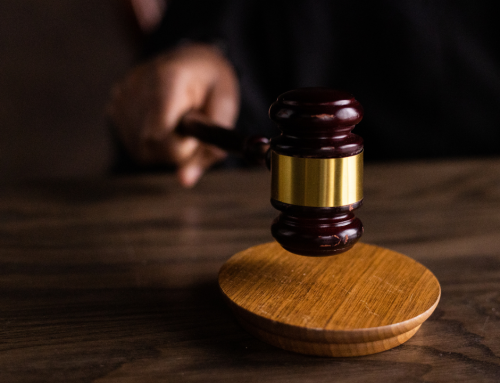The role of an executor is both pivotal and demanding. This crucial responsibility entails ensuring that the wishes of the deceased, as outlined in their will, are carried out with integrity and in accordance with the law. For those navigating the intricacies of estate planning or dealing with the aftermath of a loved one’s passing, understanding who can serve as an executor and what the role entails is essential. This blog aims to demystify the role of an executor, offering guidance to help you make informed decisions in this critical area. For further information and personalised advice, please visit thewillcentre.com.

Who Can Be an Executor of a Will?
The choice of an executor is a deeply personal decision, influenced by the trust and confidence the testator (the person making the will) places in the individual or institution selected. In the UK, there are few legal restrictions on who can be named an executor, but there are several factors to consider:
Age
The executor must be at least 18 years old (16 in Scotland), the legal age of majority, capable of handling the responsibilities that come with the role.
Mental Capacity
An executor must have the mental capacity to make decisions and understand the implications of those decisions at the time of the testator’s death.
Location
While there’s no legal requirement for an executor to reside in the UK, choosing someone based overseas can complicate and prolong the process. International laws, potential delays, and additional costs are factors to consider.
Number of Executors
A testator can appoint as many executors as they wish but only a maximum of four executors to act jointly, a decision that can provide balance and share the workload but also requires coordination and agreement among all parties involved.
Who is Typically Chosen?
Executors are often close family members or friends, but they can also include professionals such as solicitors, accountants. etc., especially if the estate is complex. Choosing a professional executor may incur fees, but it can also provide expertise and impartiality.
Responsibilities of an Executor
The executor’s role is multifaceted, encompassing a range of duties that include but are not limited to:
- Securing assets and settling any debts.
- Calculating and paying inheritance tax, if applicable.
- Distributing assets to beneficiaries as specified in the will.
- Managing any legal or administrative challenges that arise.
Considerations When Choosing an Executor
When selecting an executor, consider their ability to handle the responsibilities involved, their relationship with potential beneficiaries, and the complexity of your estate. It’s also advisable to discuss the role with them in advance to ensure they’re willing and able to take it on.
Conclusion
Choosing an executor is a significant step in the estate planning process, one that requires careful consideration and, often, guidance. At The Will Centre, we understand the weight of this decision and are here to provide the support and expertise you need to navigate these decisions confidently. Whether you’re drafting your will or seeking advice on fulfilling your role as an executor, we’re here to help. Visit us at thewillcentre.com for more information and tailored advice.
This comprehensive guide has been designed to clarify the role and responsibilities of an executor, demystifying the process and providing you with the insights needed to make informed choices. Remember, the role of an executor is both a privilege and a responsibility, and choosing the right person for this role is paramount to ensuring that your wishes are honoured and your estate is managed effectively.






